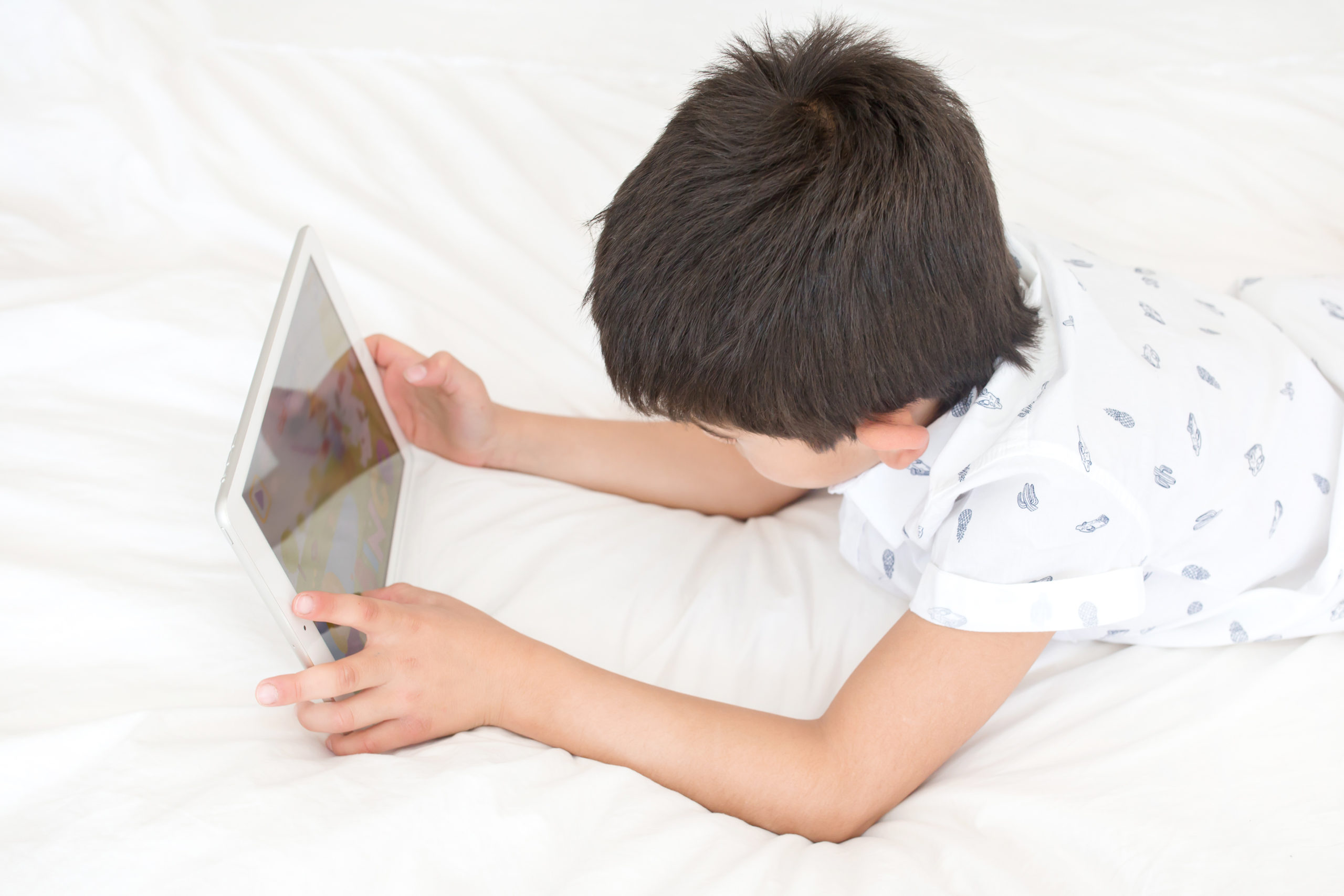Screen Addiction is Affecting our Children’s Ability to Cope
So much has changed since we were young in regards to screen usage and the dangers of screen addition.
Licensed Professional Counselor Tessa Stuckey wants to help us protect our kids and build strong resilient teenagers in today’s culture.
Screens are becoming a quick fix for teaching our kids to cope with boredom or distress. Parents with young kids have an advantage because preventative care starts from the get go.
When we give our children tablets, in a time of distress or boredom:
1. We are not addressing what’s going on with your child
2. Depriving our children of learning how to self soothe and cope with hard situations.
There is no immediate fix for emotional distress. We need to teach them coping strategies.
Phones distract from the actual issue that kids need to learn to deal with.
The way in which our brain reacts to passive technology (watching shows) is less dangerous, but it’s still not healthy.
The blue light is bad for their brains.
Those addicted to video games have a smaller developed brain.
You’re getting a huge rush of dopamine ( just like gambling and cocaine) feel good chemical in our brain.
We are not getting oxytocin which is what we get when we connect with them.
Suicide ideation is on the rise and its connected to screen addiction. Most of these children have no history of abuse or neglect in their family. They live with caring parents.
Teenagers are not able to bear the thought of their parents restricting their phone usage, or even taking it away. They cannot bear the thought of being bored.
The blue light stops melatonin from being produced and released in our brain, making it hard for our kids to sleep.
Dangers with Screen Addiction
- Inability to cope
- Social anxiety
- Suicide Ideation
- Societal Pressure
Average age for kids to be exposed to pornography is 8 years old.
In a time of boredom or distress, you don’t allow screens for your kids.
You want them to be creative, struggle a little bit and have them work through the boredom.
If it’s not productive or beneficial for their development or well being then no screens.
How to Eliminate Screens
The blue light stops melatonin from being produced and released in our brain, making it hard for our kids to sleep.
– 6 and under – take away the screens cold turkey
– 7 and older you’re going to have to be more strategic and have some real meaningful conversations about this new information that you’ve just been made aware of. You don’t want to turn their phone off and they will feel disrespected and won’t understand why.
“AS PARENTS WE HAVE TO MODEL THE BEHAVIOR WE WANT TO SEE” .
- Let’s narrate what we are doing on our phone.
- What are phones actually for?
- Save the mindless scrolling for when your kids are in bed or not around.
What we show our kids being on our phone all the time is that they aren’t very important.
Screen Replacements
Create an “I’m Bored Jar”
Have your kids come up with a list of things they can do when they are bored and they have to pick one and do it no matter what for 5 minutes.
- Read a Book
- Color or Paint
- Build a Fort
- Work on a puzzle or game
- Go in the backyard
Self-Care Coping List Have your kids answer these questions when they are feeling anxious without their phone or video games.
- What do you like to do for fun?
- How do you like to relax?
- What do you do when you’re mad?
Create a Family Phone Plan
1st- 4th Grade
Walkie Talkie: Connects to an app on your phone, GPS, Unlimited Range.
This teaches and enforces practicing communication responsibility.
A Good Option: Relay Go
5th-7th Grade
Smart Watch (for Kid): Introduces texting, calling and continued practice of communication responsibility.
A Good Option: Gizmo Watch through Verizon
8th-10th Grade
Flip Phone or Gabb Wireless: calling/texting only
11th Grade+
Smart Phone: With monitoring, restrictions, clear expectations and emotional maturity, your teen will be ready for a smartphone around this age.
Resources

+ show Comments
- Hide Comments
add a comment